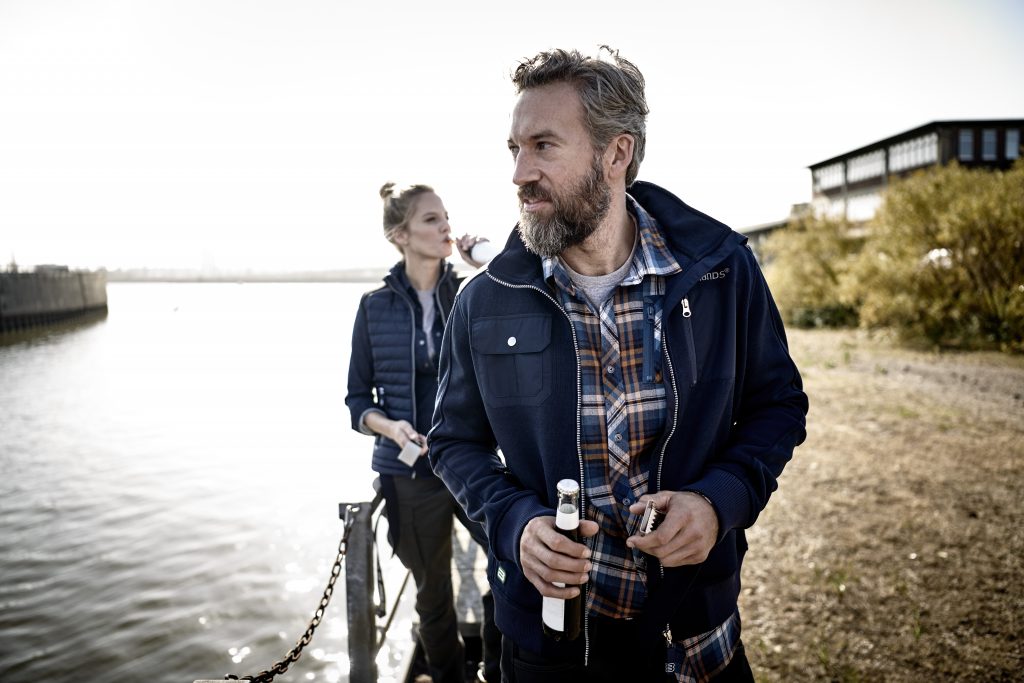On 3 and 4 December in Düsseldorf, this year’s winners of the German Sustainability Award were celebrated both live and online for their impactful contributions to sustainable transformation in the economy, communities and research. Brands Fashion was awarded the winner’s trophy in the “Global Partnerships” category at a virtual ceremony.

This award, endorsed by the Federal Government of Germany, is given to one of over 800 candidates and is the most prestigious prize of its kind in Europe. “We are delighted to be rewarded for our commitment and ideals,” says Mathias Diestelmann, Managing Director of Brands Fashion. The jury estimated that the Buchholz company’s collaboration with Sags Apparels and the creation of the Green Factory had truly “laid a milestone” in the field of sustainability. The jury particularly admired the companies’ joint efforts towards a holistic, closed production cycle: from the usage of sustainable materials and a resource-saving approach to protect the environment, all the way to improvements in workers’ social and ecological conditions.
The first supply chain in the world to receive Fairtrade Textile Production Standard certification
Mathias Diestelmann and Silke Rosebrock, the CCO of Brands Fashion, both believe that this award is by no means an excuse to rest on their laurels. “By May 2021, an entire supply chain will have received Faitrade Textile Production Standard certification,” says Silke Rosebrock. The company already holds renowned certifications such as the GOTS, Fairtrade Cotton Stand-ard and Green Button labels. Now, it is committed to introducing living wages throughout the entire supply chain by means of this novel standard.
Change is only possible through joint action
The jury was also impressed by the company’s support of multi-stakeholder events. “We want to bring suppliers together so they can exchange experiences on how to achieve decent living standards by means of improved workers’ rights and necessary wage increases. Changes across the entire branch can only become a reality if other textile companies accompany us on this journey,” says Mathias Diestelmann, con-vinced of this need for collaboration.










